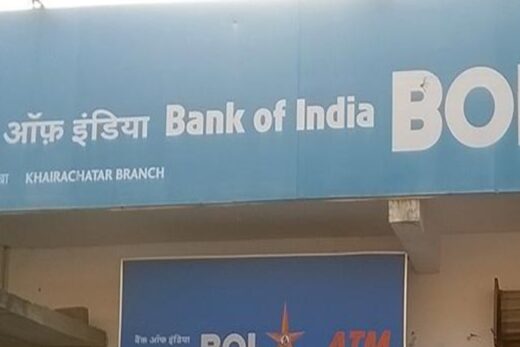Top officials close to the development said the Tata Group will protect itself from “any resultant court cases” and “hidden contracts” that may suddenly turn up once a deal is done.
To complete the transaction, the group has put together a crack team comprising M&A specialists from group operating companies such as Vistara, AirAsia, Tata Steel and Indian Hotels, apart from the Tata Sons M&A team, to pore over minute details, an official said.
The Tatas may also seek a sovereign guarantee against any pre-acquisition claims that Air India faces, as experts say an indemnity in favour of the acquirer may be limited in terms of time and value. Last month, shareholders in Devas Multimedia sued Air India to recover money Devas won in arbitration awards against the Indian government, according to a US district court filing. The shareholders said Devas and its affiliates were owed more than $1.5 billion by the government.
Prior to that, Cairn Energy had sued Air India last month to enforce a $1.2 billion arbitration award that it won in another tax dispute case against India.
“This is a massive and complicated exercise. But we have done complicated M&A deals with the government in the past such as VSNL and also recently
which gives us the knowledge and understanding to handle such issues,” a Tata Group official close to the development said.

Tata Sons did not comment. The group has also roped in top external aviation experts in the due diligence process. The extended due diligence and prolonged negotiations with the government will also delay the deal to the first quarter of next year. The government’s attention has also been diverted towards controlling the spread and consequences of Covid-19.
Vihang Virkar, aviation law expert and partner at PDS Legal, says due diligence on such a large target with a complex asset structure such as Air India is likely to be time consuming and it is not a surprise that the process is delayed. “Several claims are based on the assertion that Air India is part of the Indian government and consequently its assets can be attached to satisfy claims against the Indian government. While in my view, it would be difficult for the claimants to justify this position in litigation, only time will tell how it will affect the Air India divestment transaction.”
“It is not unusual for claims against a target company to start appearing just before an acquisition and there could be other claimants that may file proceedings against Air India in the weeks prior to the acquisition by the Tatas,” he said.
Of Air India’s total enterprise value, 15% will go to the government and the balance will be used to reduce existing debt. The total debt of Air India (according to provisional figures of 2019-20) stands at Rs 38,366.39 crore after transfer of debt amounting to Rs 22,064 crore to the special purpose vehicle called Air India Assets Holding Ltd in FY20 , the civil aviation ministry told Rajya Sabha early this year.



